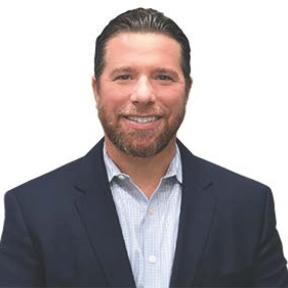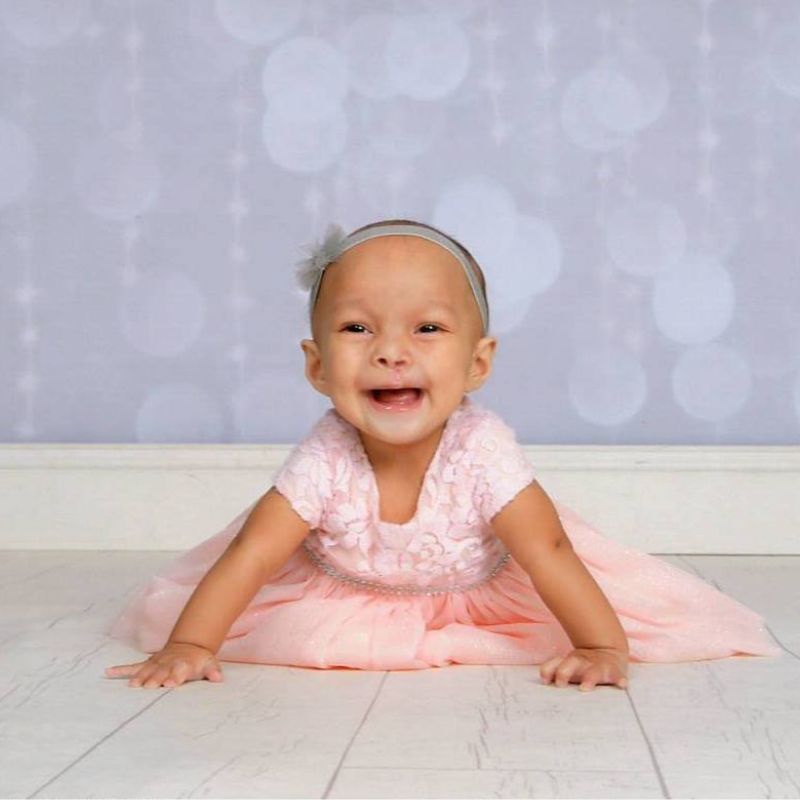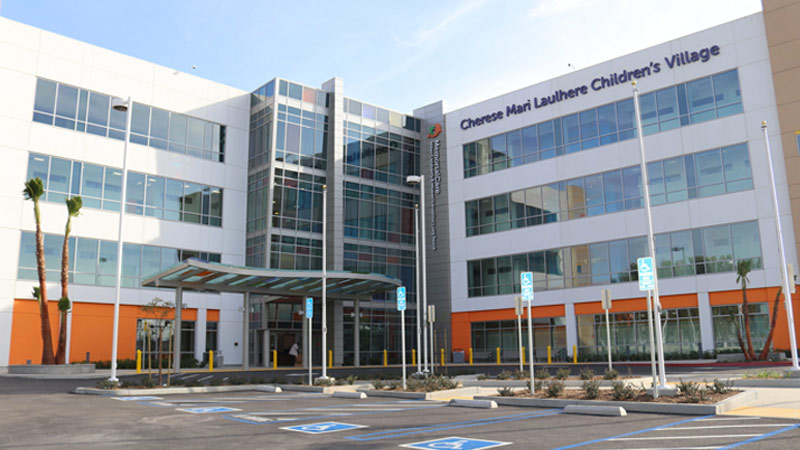The Plastic Surgery Program at MemorialCare Miller Children's & Women's Hospital Long Beach provides surgical intervention for a variety of facial disorders, facial trauma and pressure ulcers and other wounds or injuries. Some of these disorders can be congenital or a result of an injury, including cleft lip, cleft palate, revisions of previous cleft repairs, complex facial reconstruction, facial trauma, pediatric wounds, pressure ulcers and tissue expanders for giant nevi.
Our pediatric plastic surgeons do a complete physical exam and evaluation to confirm or narrow down a suspected diagnosis. Some common tests preformed include, x-rays, lab tests and other diagnostic procedures to help diagnose the condition.
Non-Surgical Care
The plastic surgery clinic is equipped to do Nasopharyngoscopy procedures to assess speech disorders, minor wound debridement, jaw wire removal and wound care and dressing changes.
Nasopharyngoscopy Procedures
In resonance disorders and velopharyngeal dysfunction, it is important to determine the cause, size, and location of the velopharyngeal opening. The nasopharyngoscopy procedure (nasendoscopy) involves passing a very narrow scope through a child’s nostril to the back of the nose. This allows the surgeon to view the top of the soft palate (velum) and the action of the entire velopharyngeal valve during speech. Nose spray of a topical anesthetic and a decongestant are usually given to the child before the procedure to help with discomfort. The child will be asked to repeat sentences and words during the procedure.
Minor Wound Debridement
The medical removal of a patient's dead, damaged or infected tissue to improve the healing potential of the remaining healthy tissue. This treatment is often used for children with low voltage minor electrical injuries or burns.
Jaw wire removal
The plastic surgeon will remove the arch bars, wire and brackets after intermaxillary fixation (IMF) — the temporary locking of the upper and lower jaws together by a wire or rubber bands. The wire or rubber bands are connected to arch bars (metal bars with hooks that are wired to upper and lower teeth). Metal orthodontic bands with brackets ("braces") are also glued onto the teeth. While the jaws are wired shut, only liquid nourishment is possible. The length of time the IMF is in place varies with the extent and severity of the fracture, but the jaw wire removal can occur between three and six weeks.
Plastic Surgical Care
Many times plastic surgical care is needed to help restore function, either from a congenital defect or from an injury sustained, and/or to help improve cosmetic features of a child, because of injury or defect. Leading pediatric plastic surgery procedures such as cranial vault remodeling for craniosynostosis, distraction osteogenesis of the mandible, midface and cranium for various congenital conditions are done at our Surgical Center. Our plastic surgeons work closely with other pediatric sub-specialists for consult on their surgical cases.
Follow-Up Care
Most patients will be asked to complete post-operative follow-up care with the care team to ensure that there are no complications from the surgery and that the patient is recovering well. This typically happens with seven to 10 days following the surgery. Follow-up visits are generally continued every six months to one year depending on the type of surgery.
Centers & Programs
Our Surgical Center cares for children from newborns to young adults, who need common or complex surgical treatments in a leading, state-of-the-art surgical center designed just for kids.
Your Care Team
Physicians



